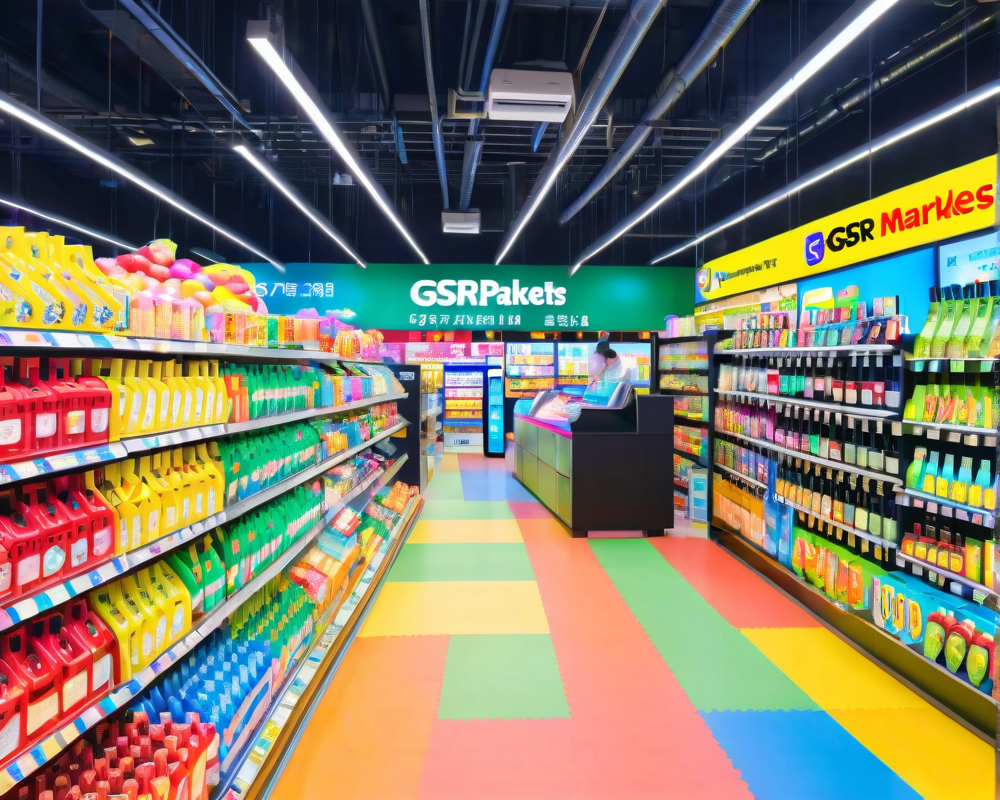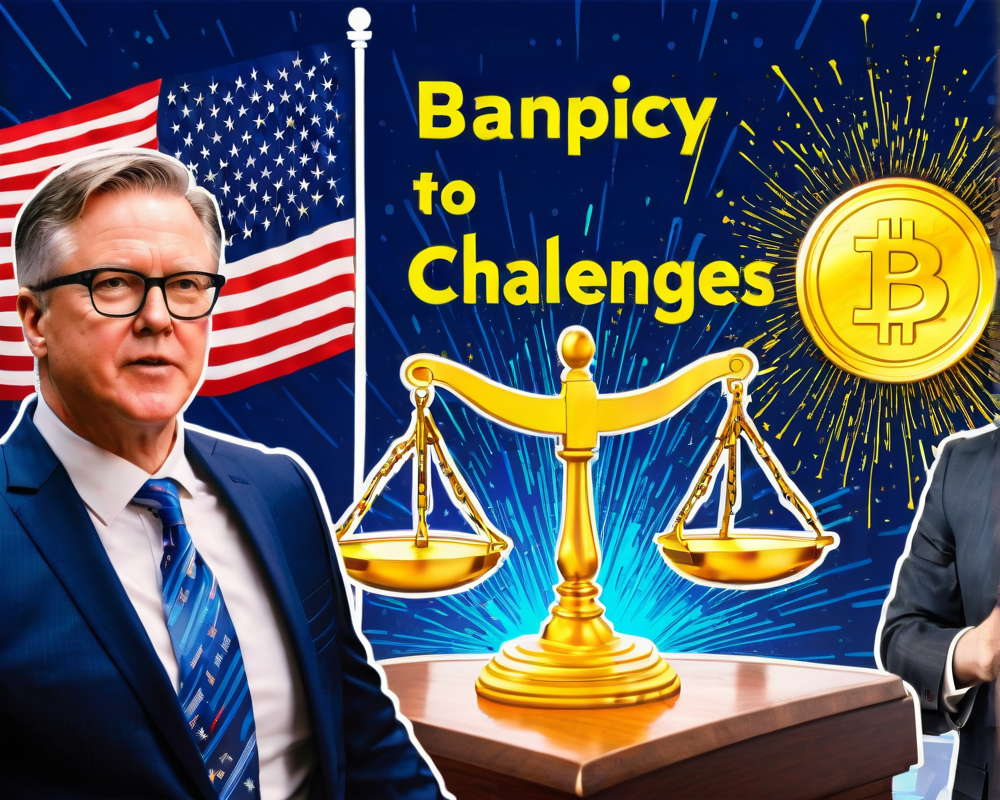GSR Markets: A Step Towards Expansion
The cryptocurrency trading firm GSR, through its Singaporean subsidiary GSR Markets Pte. Ltd., is on the rise after receiving in-principal approval from the Monetary Authority of Singapore (MAS) for a Major Payment Institution (MPI) license. This license isn’t just a fancy badge; it’s a gateway to providing vital crypto and fiat-related services within Singapore while allowing GSR to spread its wings in the Asia-Pacific region.
The Importance of the MPI License
So, what’s all the fuss about an MPI license? In layman’s terms, it allows financial institutions like GSR to operate without the typical constraints. For example, firms can conduct payment services without restrictions on single transactions exceeding 3 million Singapore dollars (approximately $2.2 million), or monthly limits surpassing 6 million Singapore dollars (about $4.4 million). Xin Song, GSR’s chief operating officer, praised MAS’s role in laying down a clear structure for digital asset utility, setting the stage for innovation.
A Brief History of GSR
Founded in 2013 in the bustling state of New Jersey, GSR has come a long way. They specialize in over-the-counter crypto trading, derivatives, market making, and even dabble in venture capital investments. When it comes to regulations, GSR holds Money Service Business licenses in various U.S. states—because who doesn’t love a good certificate hanging on the wall?
Comparing Approvals
In the world of crypto, GSR isn’t the only player making regulatory strides. Just a day prior, Cointelegraph reported that Coinbase obtained a full MPI license from MAS. This pivotal approval allows Coinbase to officially extend its digital token services to individuals and institutions within Singapore, further securing the city-state’s reputation as a crypto-friendly hub.
The Singaporean Crypto Landscape
According to recent surveys published by Coinbase, a significant portion of Singaporeans is optimistic about cryptocurrencies—25% believe it represents the future of finance. Interestingly, 32% of respondents identified themselves as either current or former crypto owners. With over 700 Web3 companies based in Singapore, it’s clear the interest and investment in digital assets are thriving.




